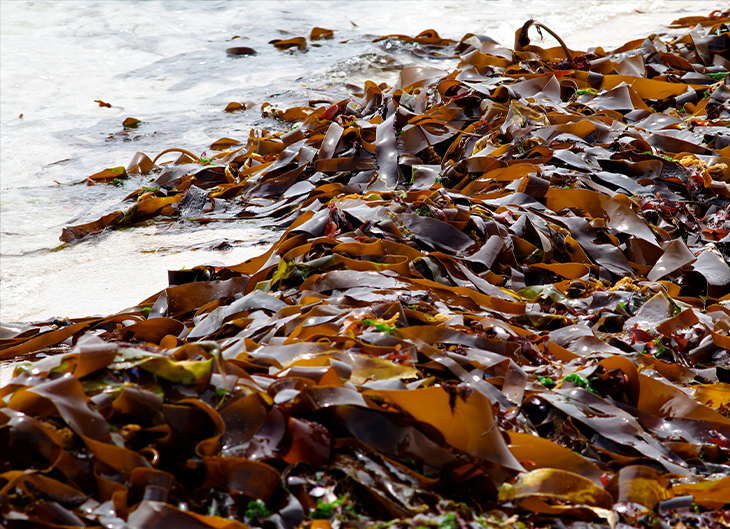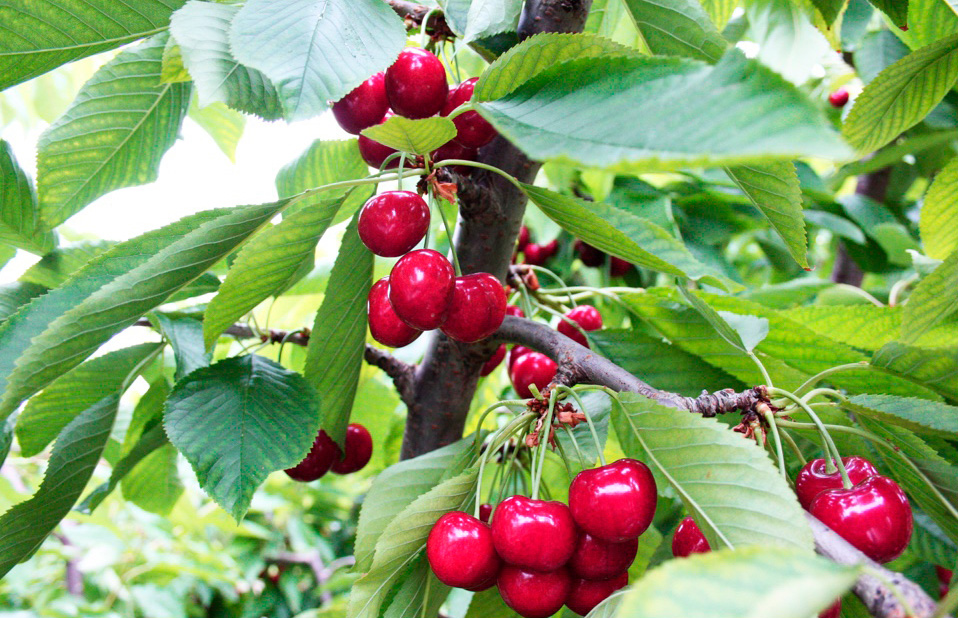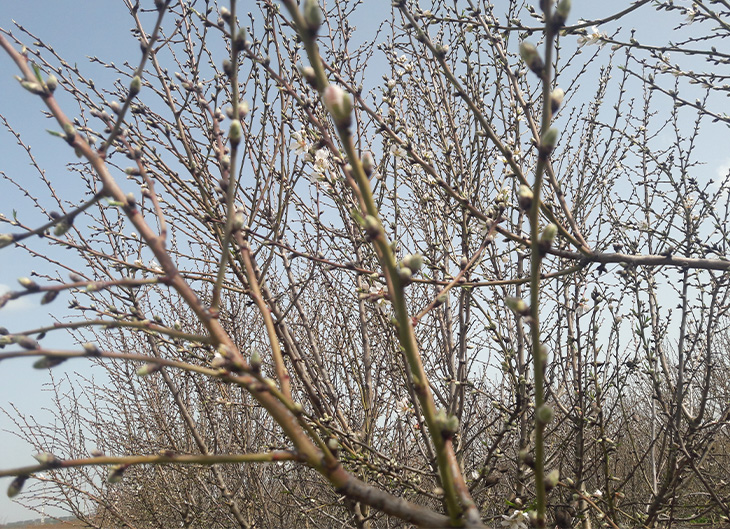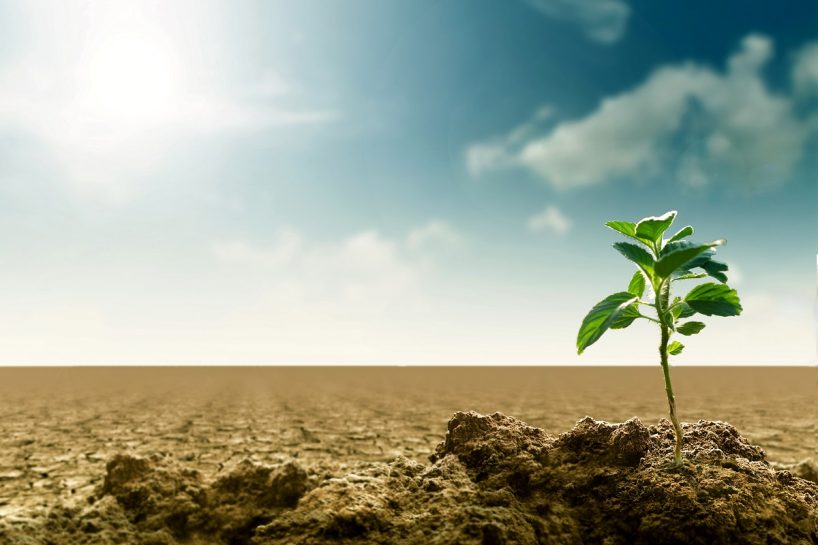
The agricultural sector faces environmental and climate challenges
On 6 March, the Ministry of Agriculture, Fisheries and Food (MAPA) organised the workshop titled “The agricultural sector faces environmental and climate challenges” in order to raise awareness of the challenges and objectives proposed by the Ministry and the EU in the sector, as well as the programmes that are being carried out to achieve these objectives.
The event opened with a speech by Fernando Miranda, Secretary General of Agriculture and Food, who mentioned the issues that would be discussed in the workshop, including climate change, environmental sustainability, and soil and air quality. All these topics were in the context of the challenges related to the agricultural sector.
The entire Ministry transmits the same message which can be summed up by the following: “The environmental challenge is not an option, it is a reality that we have to take on and lead the position on this change”. It is important to maintain profitability in order to confront these environmental challenges. In other words, we need to promote less invasive, more efficient agriculture and livestock, optimising their profitability.
Along these lines, the Director General of Agricultural Production and Markets, Esperanza Orellana Moraleda, noted the measures set forth by the Royal Decree on land-use regulations for pig farms, the new regulation to guarantee production by preserving the soil’s conditions and the new Common Agricultural Policy (CAP), necessary to ensure profitability and which helps us make progress in overcoming environmental challenges (the main issue and challenge in Spain).
Another relevant comment concerning the sector was that “two of the most important issues to be addressed are: the commitments of the Paris Climate Change Conference and fulfilling the 17 Objectives of Sustainable Development, 14 of which concern agriculture”.
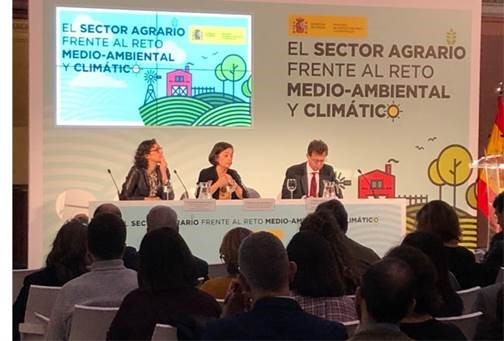
Among other measures, a strategic framework was mentioned which is being carried out in order to:
– Decarbonise the economy.
– Enhance renewable technological efficiency and profitable processes.
– Provide a new funding system, which is being carried out from Brussels.
– Draft a bill which aims to establish a strategy for energy poverty, anticipate the impacts on climate effects and economic certainty in the sector. This Bill will have 8 titles and 28 articles; simple and non-exhaustive.
These objectives have been set out in the 2030-2050 agenda with the aim of overcoming these challenges, as well as the short-term and long-term challenges proposed in the Paris Climate Change Conference.
Furthermore, Minister Luis Planas remarked that it is important to be aware of these objectives throughout the entire production chain in the sector. With the new socio-economic outlook, it is predicted that “360,000 new jobs will be created in the agricultural sector, 11,000 of which are expected to be in Spain. It is also important to highlight the 200 billion Euro investment in public and private initiatives. There is a social awareness that demands that environmental sustainability be taken into account”.
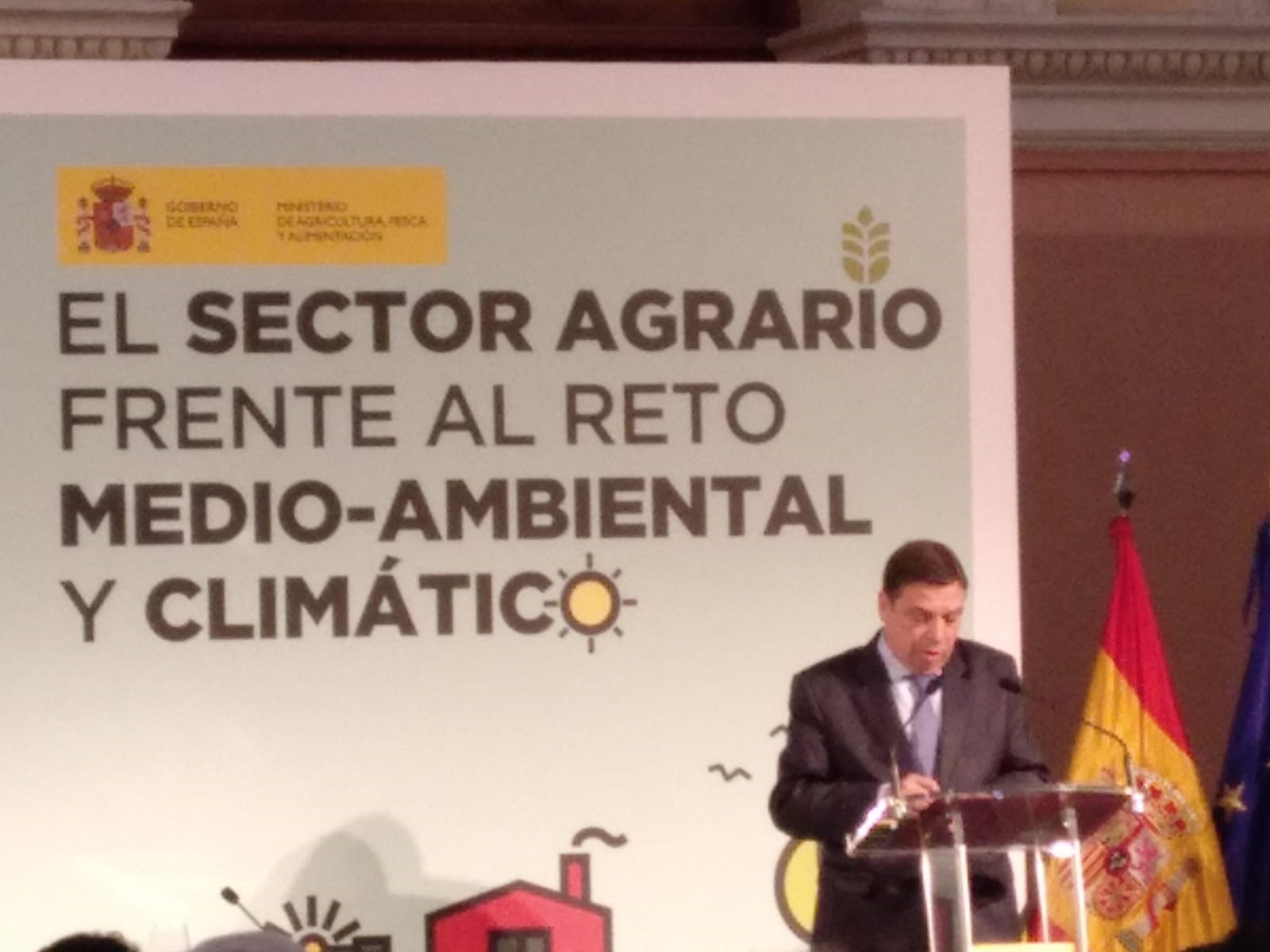
A series of measures that clearly refer to the Spanish agricultural sector were explained and can be summarised as the following:
• New requirements for fertilisers (new Regulation on Fertilisers):
o Obligation to carry out a fertilisation plan (similar to the plan for phytosanitary products).
o Total ban on adding nitrogen to flooded soils.
o New fertilisers to add metals more efficiently and improve the soil quality.
o New means to mitigate urea nitrogen and its gases (responsible use plan).
o Slow-release systems to enhance fertiliser efficiency.
In the words of Luis Planas, “we need more environmentally-friendly fertilisers”.
• Management on agricultural farms:
o Drastic reduction of permits that allow pruning waste to be burned to promote the use thereof in biomass.
o Not leaving bare soils in order to avoid hybrid loss and CO2 emissions due to harvesting machinery.
o Minimising pruning, maintaining coverage.
• Forest management:
o Promoting forestry activity to mitigate the carbon footprint (newly planted trees).
o Promoting fixed crops as opposed to annual planted crops (e.g. Citric fruits vs. horticultural plants).
• Funds and Financing:
o These will be ensured to a large extent through the CAP (in 2020).
o European funding.

